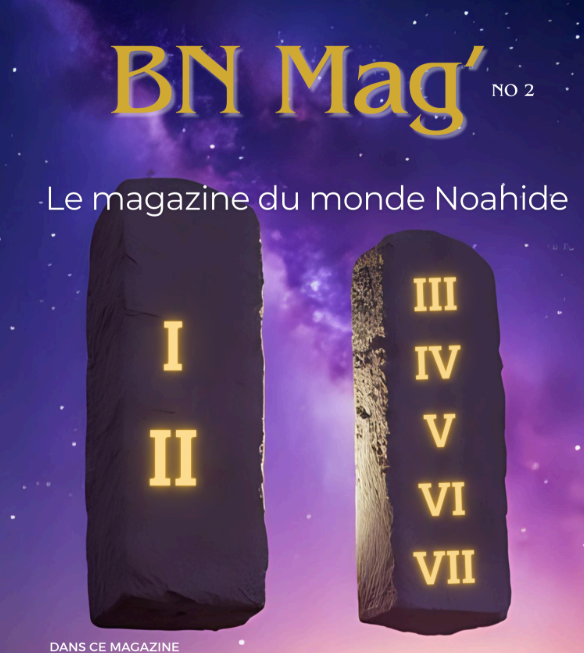How to release oneself from the 'Burden of Guilt,' to an 'Initial innocence.'
Sacrificial worship - A pleasing fragrance to God [Leviticus book (1;9)]
Leviticus Book describes all kinds of sacrificial, God's leading worship in Moses's Torah (what we call the Hebrew Bible). This way of worshiping God - is a work of atonement, and its primary purpose is eating, both by the fire that consumes the sacrifice on the altar and by the person who takes part in the 'Peace offering'[2] in which food unique to a person eating it.
The principle is simple; all sin, of any kind, is an outgrowth of our primal nature, which is the lust for pleasure. This natural desire ensures the functioning of biological life and enables the existence of human self-awareness.

From the beginning, all human beings face a primary war of existence, an 'Economic problem'
Which involves moral decisions - and exposure to sin risks by being alive in this world.
Therefore, as the Torah tells us, the first sin of Adam is necessarily related to the problem of eating. For this reason, if any wrong is committed not out of an explicit desire but due to the control of the passion for life, the Torah - the moral law that leads man to holiness - allows for atonement for this sin through participation in the temple service based on a feast free of all evil (sin).
Indeed, the holy things, the foods dedicated to the work of the sacrifices, were taken out of the economic circles before entering the chain of profit tension characteristic of these circles[1]. According to this, it is possible to define the work of the High Priest in the Temple in Jerusalem as follows: 'The complete person, dressed in the complete clothes, eats a complete meal in the complete house.[2]' It is possible to formulate the participants' intention in this sacrificial worship as follows: "If we could live a holy life like the priest [Kohen], a life free from the sins that may appear in economic life, our feast would also be a feast free from all sin!".
This intention brings us to a possible constant release from the 'Burden of Guilt' and returns us to the 'Initial innocence' of everyone faithful to the Torah of Moses as a reward for good faith and goodwill.
In our days, praying is replacing sacrificial worship.
Click here find here a Noahide Prayer Book.
Notes
[1] We separate some sacrifices (such as firstborns) in advance from the moment of their birth. The Contribution, the Terumah-levy, and the First Fruits (see Duteremony 26:1-11) are set aside in advance. We buy Public sacrifices from a public donation (see Exodus 30:12-16). As for the other gifts (sacrifices) are all charged with 'dedication', which expropriates them from the owner and prevents their return to the market.
[2] We use the word 'complete' to describe the holiest person since it must be related to our life!
Eating has a unique role in our life
Look what Abraham taught from eating:



